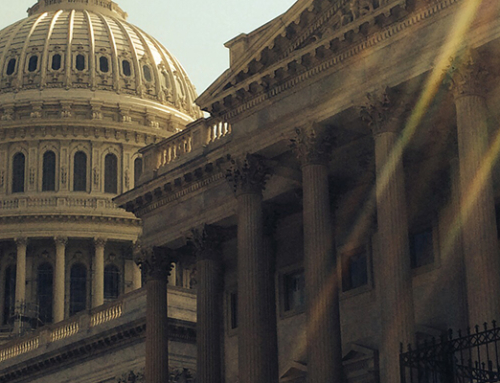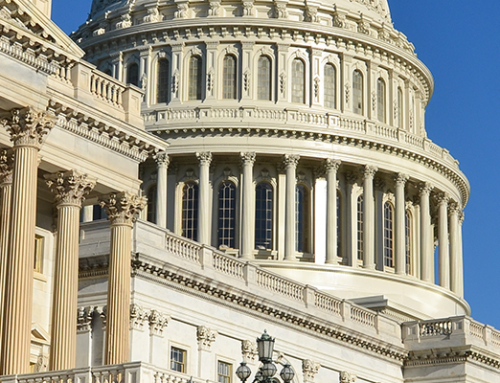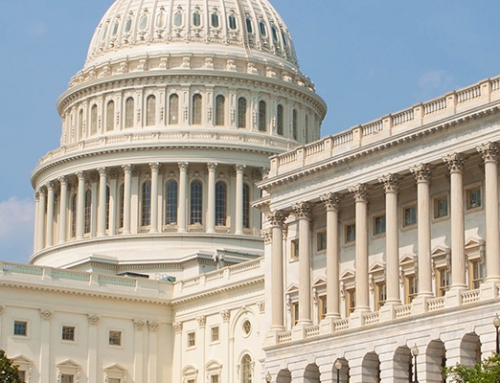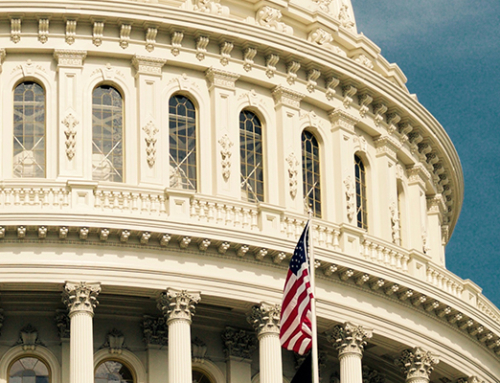The Rand Corporation has released its study of the impact on federal spending of failure to extend the provisions of TRIA. The study may be accessed through a link at http://www.rand.org/pubs/research_reports/RR611.html?utm_source=Ennouncements+5-1-2014&utm_campaign=Ennouncements+5-01-14&utm_medium=email
Key findings of the study include:
- For terrorist attacks with losses less than about $50 billion, having the Terrorism Risk Insurance Act (TRIA) in place will lead to less federal spending than if TRIA were eliminated.
- Eliminating TRIA could increase federal spending by $1.5 billion to $7 billion for terrorist attacks with losses ranging from $14 billion to $26 billion.
- The greater federal spending without TRIA would result from less insurance coverage, leading to greater uninsured loss and hence greater demand for federal disaster assistance.
- For attacks with greater losses, the federal government pays a portion of the losses. When considering both disaster assistance and spending through the program, the federal government would pay less without the program if losses exceed about $50 billion.
- In the absence of a terrorist attack, TRIA costs taxpayers little, and in the event of a terrorist attack comparable to any experienced before, it is expected to save taxpayers money.





